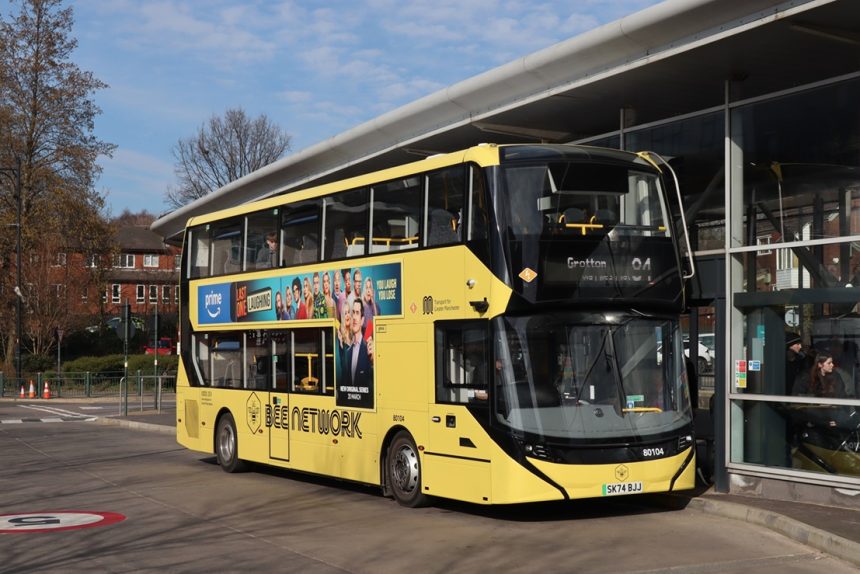The latest Transport Focus survey showing overall bus passenger satisfaction across England rising to 83% – and even better figures in Scotland and Wales – was very heartening, particularly as it was based on such a large number of users (50,000 bus journeys).
Combine that with recent news that deliveries of coaches, buses and minibuses to the UK market reached a 16-year high in 2024, and that so many of those were zero-emission models (enabling the UK to remain Europe’s biggest zero-emission bus market by volume), and it is tempting to feel growing optimism for the future of the sector.
With governments more focused on widening the availability of bus services, the signs are promising that the sector can build on recent progress. The Bus Services Bill in England, currently making its way through Parliament, should provide a boost to manufacturers, particularly those focused on the production of zero-emission models.
But there are clouds on the horizon, too. As I write, we are days from the imposition of tariffs on car imports to the United States. There is much uncertainty about how this will play out and what it means for other automotive and industrial products, including coaches and buses.
Zemo Partnership’s remit, including formerly as LowCVP, has been to accelerate the transition to low/zero-carbon emission vehicles and fuels. A parallel objective is to help ensure that the transition brings benefits to UK businesses and ‘UK PLC’ as a whole.
With the government’s focus on the necessity of economic growth to bring progress elsewhere, Zemo has increasingly drawn attention to this parallel remit of helping to ensure that the drive for net-zero brings secure employment and, overall, net economic gains to the country.
We will be working with our members to make the economic case for green growth as part of this year’s work programme.
Others are thinking along the same lines. The government recently convened a UK Bus Manufacturing Panel, which in March held its inaugural meeting, hosted by Minister for Local Transport Simon Lightwood.
Delegates included representatives of leading UK bus builders Alexander Dennis and Wrightbus as well as industry bodies, senior people from the Combined Authorities – including two ‘metro mayors’ – and Transport for London.
The headline aim of the panel is to “prioritise high-quality buses that meet the need of passengers and improve living standards across the country.”
The government says it wants the panel to “supercharge zero-emission bus manufacturing,” create jobs, and strengthen UK builders and supply chains involved.
That is absolutely the kind of virtuous circle that Zemo works to create and inspire. The UK must capitalise on its early lead in the development and introduction of zero-emission buses, and I am proud that Zemo has played a key part in that area so far.
The best green technologies will generate their own demand, bringing benefits to domestic operators and passengers alike while also creating export opportunities, stimulating job creation and growth in the UK.
If it can achieve this, the coach and bus sector can be an exemplar for other sectors of the UK economy.
Zemo Partnership and our members will continue our work to support these key pillars of progress. If you would like to get involved in helping us to make the economic case for green growth, then now is a very good time to join the Partnership and play your part in the transition and delivering a cleaner, greener and brighter future for UK PLC.



























